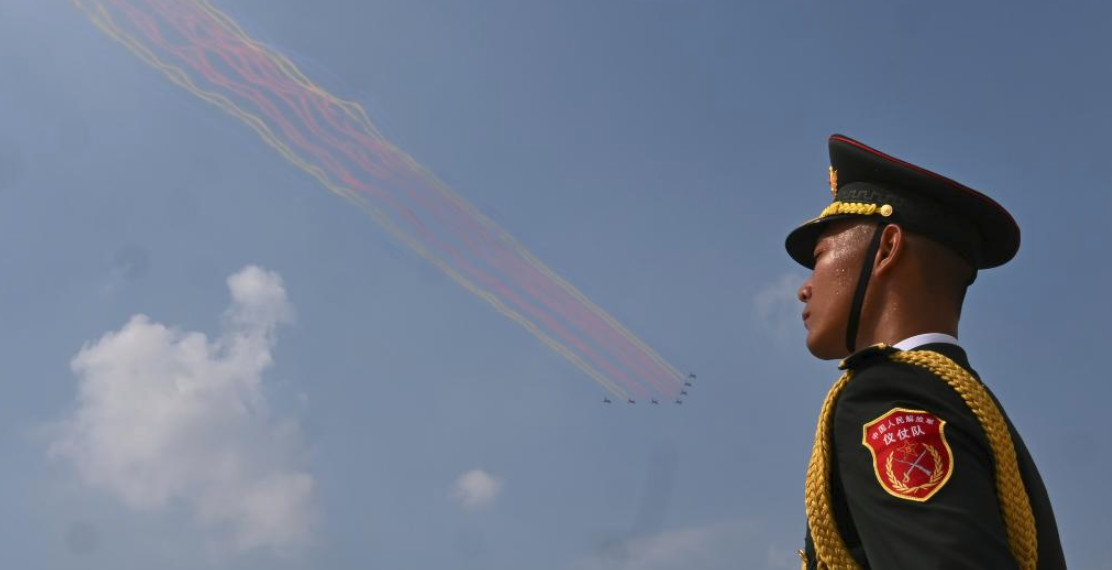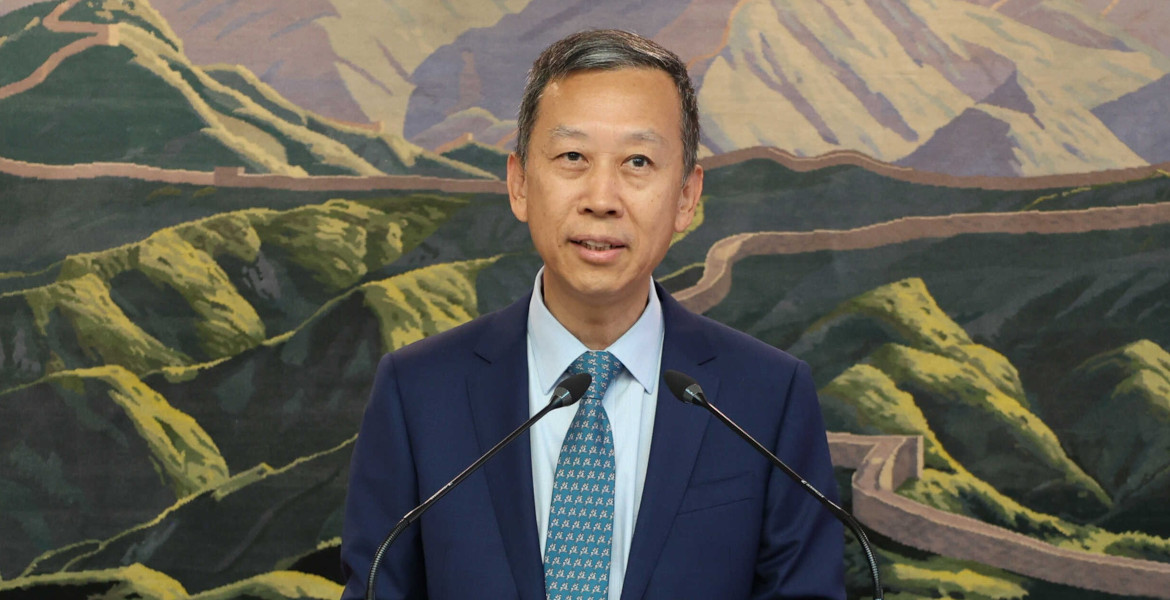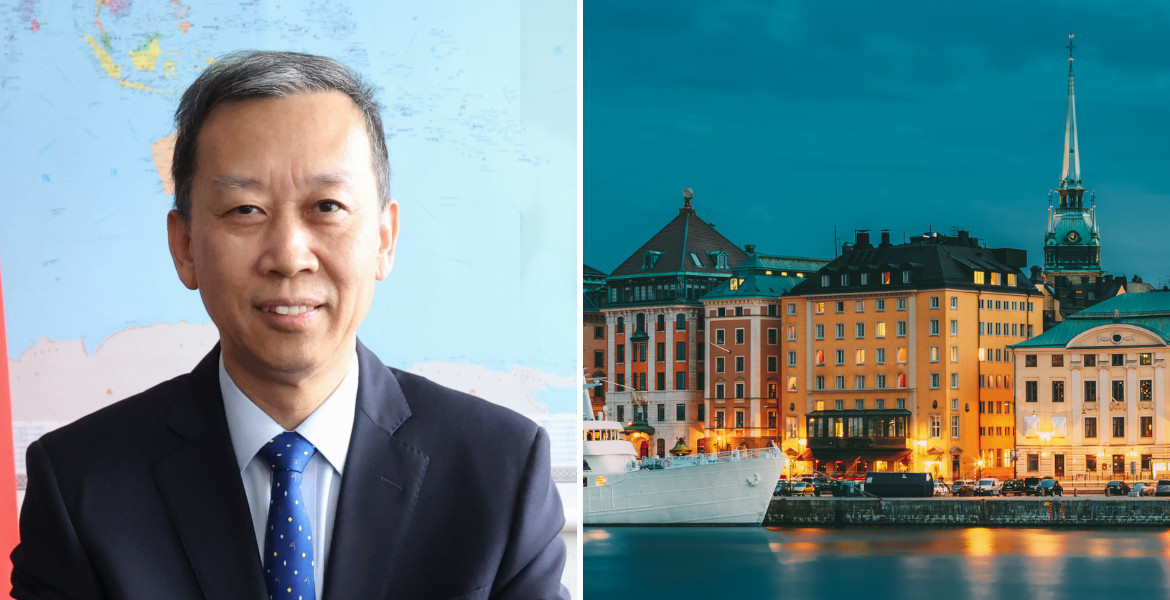Australia’s Macedonian diaspora permanent effort to protect Macedonia’s name, identity, culture, history and national interests has been boosted by the Call My Name campaign launched by the Centre for Social Inclusion at the University of Technology Sydney.
The Call My Name campaign has tools and models for engagement by Australia’s multicultural community, civil society and government. It recognises that our names are essential part of our identity. They carry deep personal, cultural, familial, community and historical connections. They also give us a sense of who we are and our place in the world. It is an initiative to decolonise the way we understand and recognise names deemed tricky, contested, unfamiliar or foreign.
Sadly, new despots in fake liberal democracies like the USA, Canada and the EU are implementing reckless denialist policies and practices aimed at robbing Macedonia from its name, distinct identity and evolution from the Ancient Macedonian Kingdom to date.
These new despots are continuing with the horrible policies from 1913 when Macedonia was partitioned by its colonisers in the undemocratic kingdoms Greece, Bulgaria, Serbia and Albania and their imperialist masters from Great Britain, France and Germany without the consent of the indigenous Macedonian people. Only the Macedonians that lived in Vardar Macedonia managed to liberate themselves from fascism and hegemonism through a people powered democratic revolution. The Macedonians sacrificed more that 100,000 people in antifascist WWII. They managed to form the Republic of Macedonia as part of the Yugoslav federation in 1944 and became independent in 1991 through a Referendum. In 2018 referendum the Macedonian people rejected the offer by NATO and the EU to change their name, identity, history and culture as part of a unconstitutional and illegal Prespa Agreement.
In the wake of the recent Presidential and Parliamentary elections in May 2024 the majority of Macedonians rejected the EU and NATO integration policies at any cost and without consent. The Social Democratic Union and their extremist Albanian partner were ousted and replaced by a coalition led by VMRO, ZNAM and an Albanian opposition not much better than their neo Nazi Albanian cousins.
Only days ago dystopian outgoing politicians like Biden, Macron, Sholtz and Von Der Layen have continued with their foreign interference in Macedonia’s democracy with the aim of killing the passion for freedom, democracy, identity, culture and human rights. They bully Macedonia to continue with the Euro integration process even though everyone knows that EU expansion is unlikely to happen in the next 30 years. There is also no guarantee that NATO and the EU will be around for too long especially if the current pro war coalition is replaced by a Coalition for Peace and Development. It is a convenient tactic to keep Macedonia as a weak client state within the unipolar world disorder and the military industrial complex NATO.
Macedonians in the diaspora were effectively excluded from participating in the Presidential and Parliamentary elections through shameful and insulting pre conditions like having a valid passport with the strongly rejected North Macedonian name. This did not stop the Macedonian diaspora from engaging in political debates and analysis, preparing guides for the elections with key stakeholders inside and outside Macedonia. One of the outcomes has been to send a Show Cause Letter to the newly elected President and Prime Minister why you should remain in office and why new elections are not needed urgently?
The Show Cause letter is issued by a network of deeply concerned Civil Society organisations in Macedonia and the diaspora alleging that the President and Prime Minister of Macedonia have made serious offences under Macedonian or international law.
It enables the officials to explain why they should not be held accountable or removed from office or why new elections must be held urgently. It is an opportunity to appeal for not meeting their contractual obligations from the very start of their mandate. It is the starting point for disciplinary action by civil society in Macedonia and the diaspora and by relevant courts in Macedonia and abroad. It asks the two leaders to show cause and provide an explanation why they should not face legal and political responsibility for their alleged offense including cultural genocide and in colluding with domestic and foreign interference agents.
The two leaders are alleged to have engaged in false and misleading conduct of the elections. They promised that a change of government can change the country. Instead, the Macedonian electorate and the diaspora witnessed a change of regime without any meaningful policy difference with the previous regime. ‘Business as usual’ is not acceptable. The President and Prime Minister have failed to deliver the Social, Political, Ethical, Cultural and Human Rights Contracts when elected in May 2024. The two leaders have one month to respond.
Protecting Macedonian heritage and identity
Australia’s Macedonian diaspora permanent effort to protect Macedonia’s name, identity, culture, history and national interests has been boosted by the Call My Name campaign launched by the Centre for Social Inclusion at the University of Technology Sydney.
The Call My Name campaign has tools and models for engagement by Australia’s multicultural community, civil society and government. It recognises that our names are essential part of our identity. They carry deep personal, cultural, familial, community and historical connections. They also give us a sense of who we are and our place in the world. It is an initiative to decolonise the way we understand and recognise names deemed tricky, contested, unfamiliar or foreign.
Sadly, new despots in fake liberal democracies like the USA, Canada and the EU are implementing reckless denialist policies and practices aimed at robbing Macedonia from its name, distinct identity and evolution from the Ancient Macedonian Kingdom to date.
These new despots are continuing with the horrible policies from 1913 when Macedonia was partitioned by its colonisers in the undemocratic kingdoms Greece, Bulgaria, Serbia and Albania and their imperialist masters from Great Britain, France and Germany without the consent of the indigenous Macedonian people. Only the Macedonians that lived in Vardar Macedonia managed to liberate themselves from fascism and hegemonism through a people powered democratic revolution. The Macedonians sacrificed more that 100,000 people in antifascist WWII. They managed to form the Republic of Macedonia as part of the Yugoslav federation in 1944 and became independent in 1991 through a Referendum. In 2018 referendum the Macedonian people rejected the offer by NATO and the EU to change their name, identity, history and culture as part of a unconstitutional and illegal Prespa Agreement.
In the wake of the recent Presidential and Parliamentary elections in May 2024 the majority of Macedonians rejected the EU and NATO integration policies at any cost and without consent. The Social Democratic Union and their extremist Albanian partner were ousted and replaced by a coalition led by VMRO, ZNAM and an Albanian opposition not much better than their neo Nazi Albanian cousins.
Only days ago dystopian outgoing politicians like Biden, Macron, Sholtz and Von Der Layen have continued with their foreign interference in Macedonia’s democracy with the aim of killing the passion for freedom, democracy, identity, culture and human rights. They bully Macedonia to continue with the Euro integration process even though everyone knows that EU expansion is unlikely to happen in the next 30 years. There is also no guarantee that NATO and the EU will be around for too long especially if the current pro war coalition is replaced by a Coalition for Peace and Development. It is a convenient tactic to keep Macedonia as a weak client state within the unipolar world disorder and the military industrial complex NATO.
Macedonians in the diaspora were effectively excluded from participating in the Presidential and Parliamentary elections through shameful and insulting pre conditions like having a valid passport with the strongly rejected North Macedonian name. This did not stop the Macedonian diaspora from engaging in political debates and analysis, preparing guides for the elections with key stakeholders inside and outside Macedonia. One of the outcomes has been to send a Show Cause Letter to the newly elected President and Prime Minister why you should remain in office and why new elections are not needed urgently?
The Show Cause letter is issued by a network of deeply concerned Civil Society organisations in Macedonia and the diaspora alleging that the President and Prime Minister of Macedonia have made serious offences under Macedonian or international law.
It enables the officials to explain why they should not be held accountable or removed from office or why new elections must be held urgently. It is an opportunity to appeal for not meeting their contractual obligations from the very start of their mandate. It is the starting point for disciplinary action by civil society in Macedonia and the diaspora and by relevant courts in Macedonia and abroad. It asks the two leaders to show cause and provide an explanation why they should not face legal and political responsibility for their alleged offense including cultural genocide and in colluding with domestic and foreign interference agents.
The two leaders are alleged to have engaged in false and misleading conduct of the elections. They promised that a change of government can change the country. Instead, the Macedonian electorate and the diaspora witnessed a change of regime without any meaningful policy difference with the previous regime. ‘Business as usual’ is not acceptable. The President and Prime Minister have failed to deliver the Social, Political, Ethical, Cultural and Human Rights Contracts when elected in May 2024. The two leaders have one month to respond.
Ordan Andreevski





